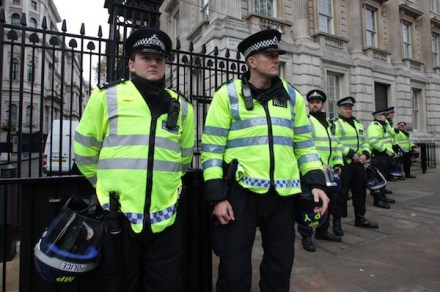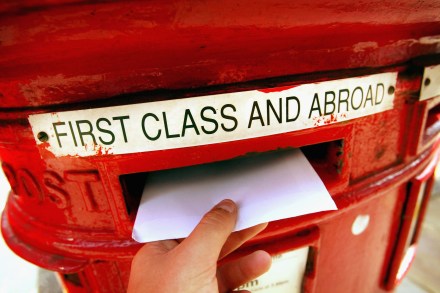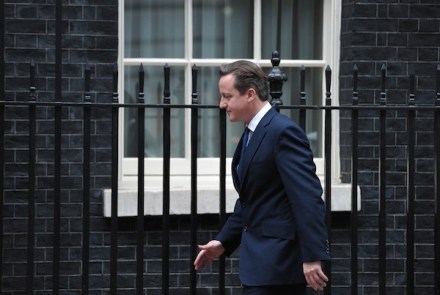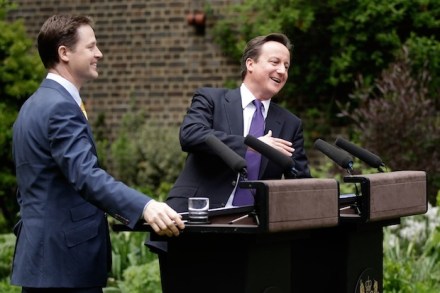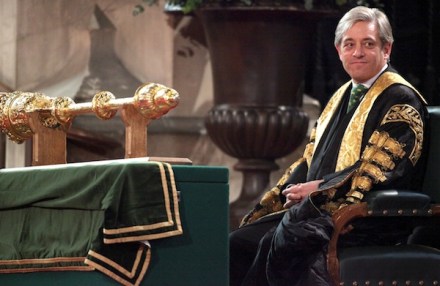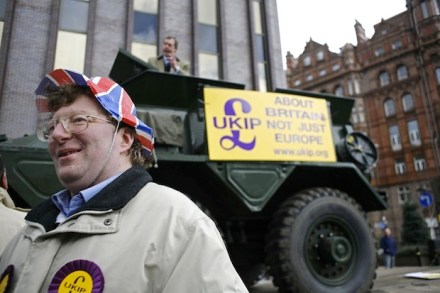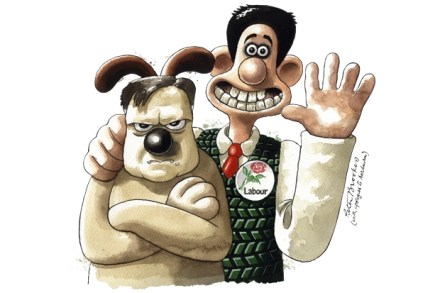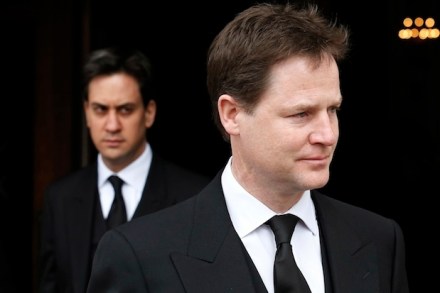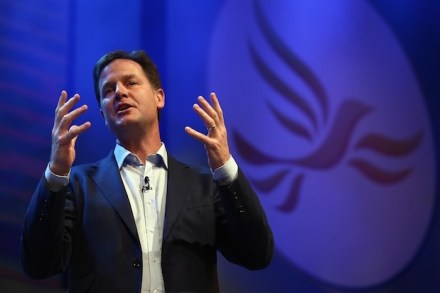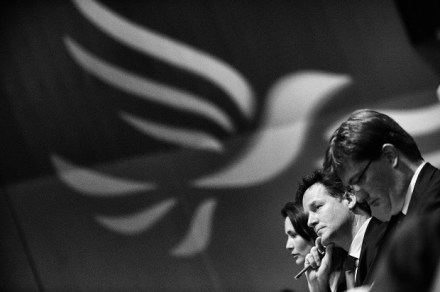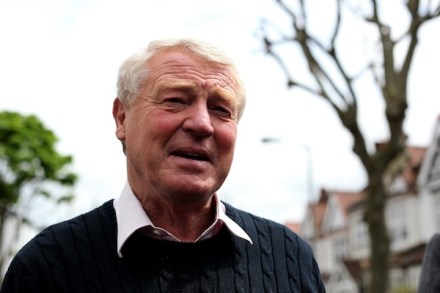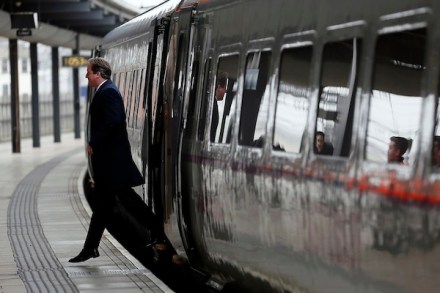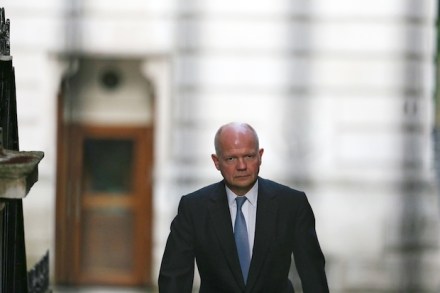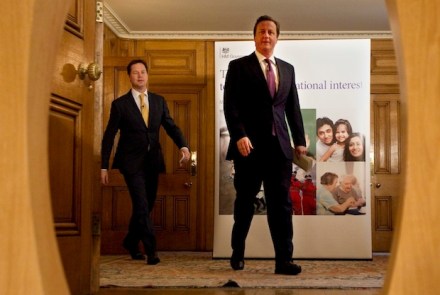What’s wrong with wearing a woolly jumper for warmth?
The moment that a Downing Street spokesman recommended wearing a jumper to reduce high energy bills, you knew that two things would happen. As sure as night follows day, the Labour leader spun a line criticising the ‘out of touch government’: Their crime policy used to be ‘hug a hoodie’. Now their energy policy appears to be ‘wear a hoodie’ – @Ed_Miliband — Labour Press Team (@labourpress) October 18, 2013 Then the internet spent Friday afternoon in stitches: Cameron heard about #jumpergate whilst in his car. Pull over! he told his chauffeur — Felicity Morse (@FelicityMorse) October 18, 2013 “We’re all in knit together” #jumpergate — Lucy Rigby (@LucyRigby)





